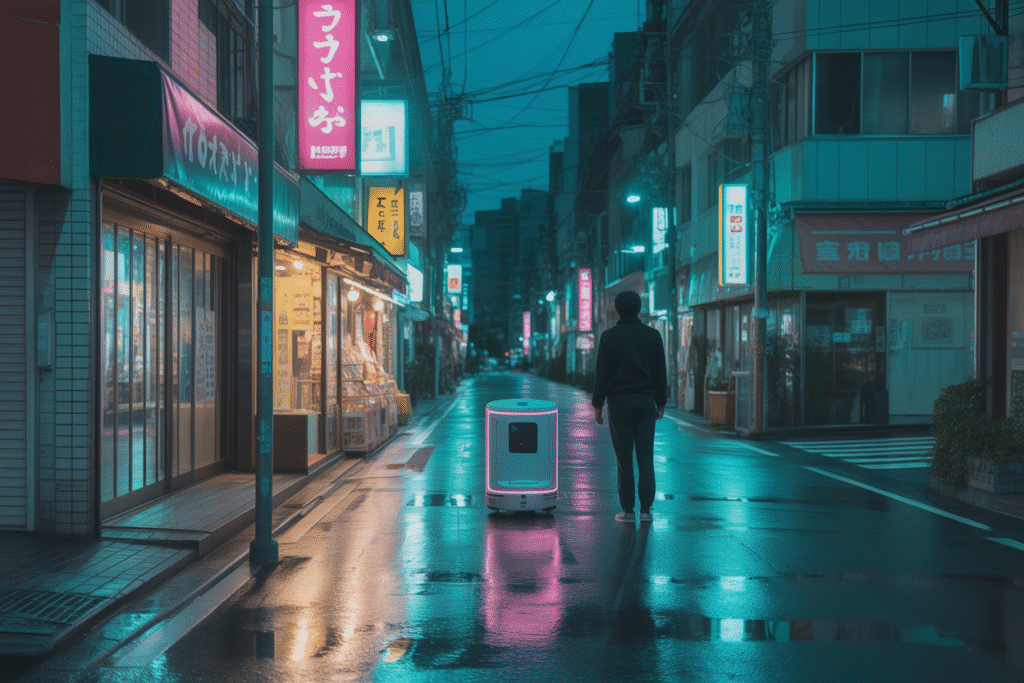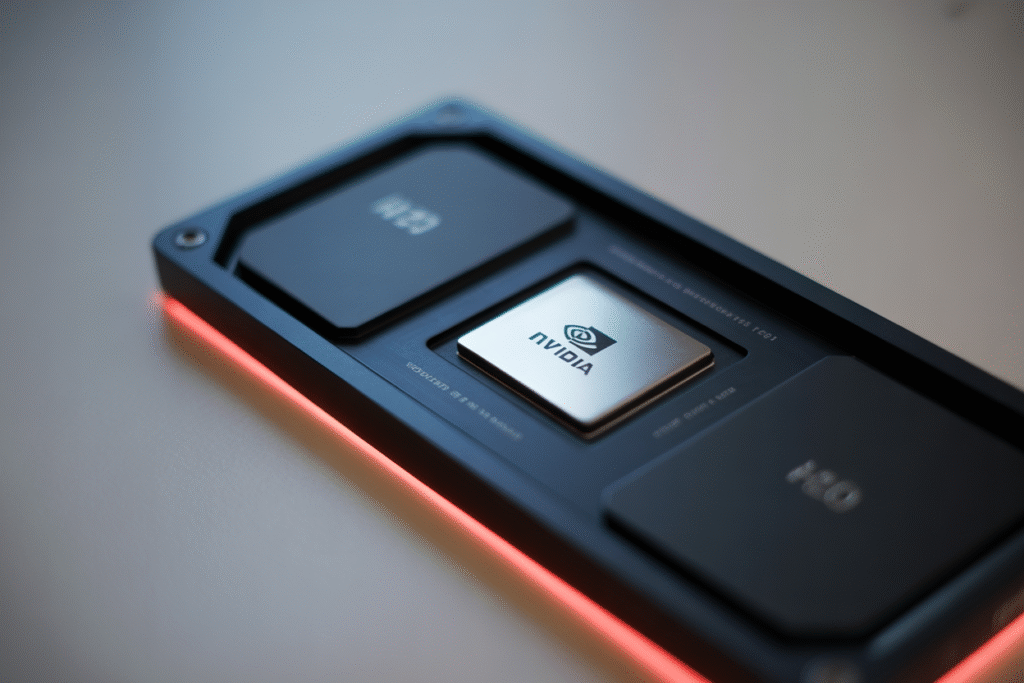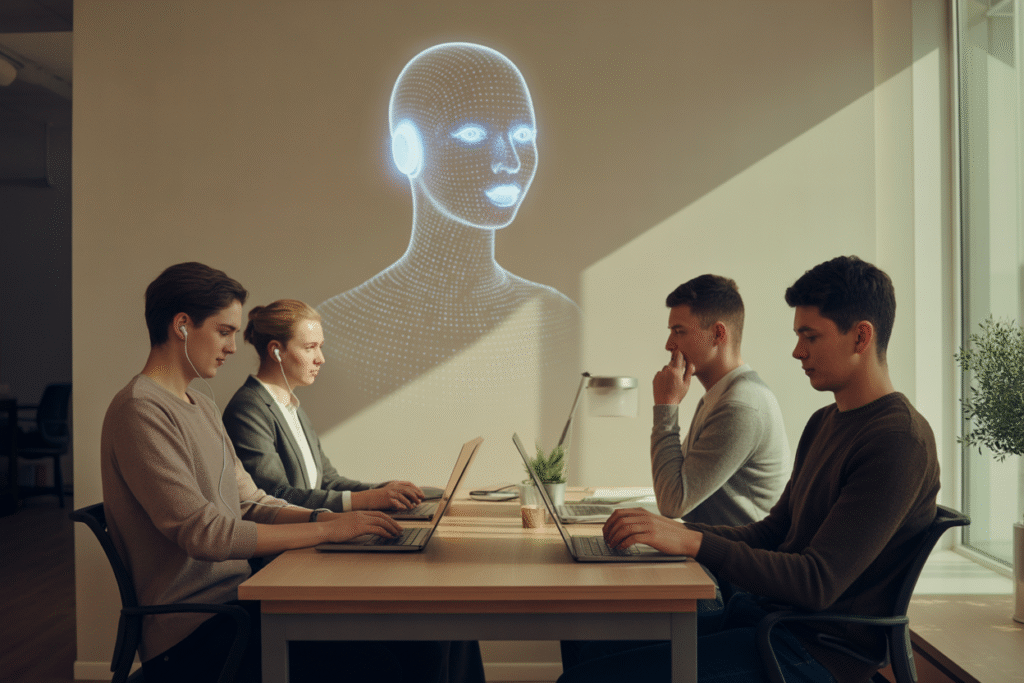From shrinking births to biometric proof-of-humanity, our race against the machines just got personal.
Japan lost almost nine-hundred-thousand more souls than it welcomed last year. In the same breath, Elon Musk tweeted that AI—and only AI—can reverse the slide. That single post detonated a global thread on X, and it’s the perfect lens for the newest, rawest debates about AI and human relationships, ethics, risk and hype.
A Nation Shrinks and Musk Draws His Line
Thursday night, Musk reshared grim Ministry of Health stats: Japan’s births in 2024 fell to an all-time low, leaving a crater of 871,189 more deaths. Instead of blaming smartphones, he framed AI as the hero—automate work, lift productivity, let a smaller workforce carry the load.
Reactions poured in faster than the data itself. Some users embraced the techno-optimism, dreaming of robot caregivers and four-day weeks. Others fired back: replace jobs and you may replace one more reason to have kids—purpose.
The post sits at 18.3 k likes and 3.5 k replies as I write. It’s a microcosm of our biggest AI debate: can machines restore the human future, or will they steal the very narratives we live by?
Worldcoin and the Quest to Prove You’re Still You
While Musk fantasized about automation, Raoul Pal released a video with Worldcoin’s Tiago Sada titled “Proof of Humanity in an AI World.” The pitch? Iris-scanning orbs give everyone a biometric passport that bots can’t fake.
Three reasons people love it:
– Stops deep-fake fraud and identity theft.
– Could unlock universal basic income as automation rises.
– Creates clear, auditable boundaries between human and software.
And three reasons they fear it:
– Permanent biometric databases invite Orwellian misuse.
– Early rollout in lower-income regions smells like data colonialism.
– Who gets to decide who’s verified?
Pal’s clip has already crossed 314 likes and 42 quote-tweets, proving the topic scales from crypto Twitter to family dinner debates overnight.
EarthGang Drops a Soundtrack for the Resistance
Atlanta’s own EarthGang isn’t waiting for TED talks to weigh in. Their rapid-fire trilogy—“RIP Human Art,” “Robophobia,” and “Perfect Fantasy”—rips AI musicianship as hollow mimicry.
Dot and Venus don’t blame the tech alone; they indict the industry’s obsession with metrics over meaning—streams, loops, skip-rates. They argue that AI-generated hooks flatten culture into paste, erasing the messy fingerprints that make music…human.
Fittingly, the songs themselves sample AI glitches and distorted voices, turning the enemy’s tools against it. Their posts on the drop earned hundreds of retweets, showing that artists aren’t just worried—they’re fighting back with playlists, not petitions.
When Productivity May Outrun Purpose
So, back to Japan. If robots staff cafés and run factories, who will parents be working for, or with, or toward?
Economists split into two camps:
1. The Abundance Camp: AI lifts output per citizen so high that four-day weeks, generous subsidies, and creative leisure become the new baseline.
2. The Identity-Crisis Camp: take away the grind and you may also take away the grit—the social glue that once made having children feel worthwhile.
The second camp points to South Korea, another hyper-tech society where fertility has plunged even as robot density soars. Their fear: humans outsource too much and forget why tomorrow matters.
Either way, the debate shifts from GDP to meaning-of-life—and that’s why Musk’s tweet keeps spreading.
Your Move: Hug the Robot or Draw the Line?
We’re all characters in beta now. Every scroll, every retweet, every iris-scan shapes how AI and human relationships evolve—risk, hype, ethics, the works.
Here’s what you can do today:
– Ask one honest question before sharing the next AI headline: does this tech serve people I know?
– Experiment responsibly: test Worldcoin’s orb if privacy feels worthwhile, but read the opt-out options first.
– Support artists like EarthGang who inject human soul into the algorithmic feed.
Because the future isn’t something that happens to us; it’s a conversation we steer—140 characters or an iris scan at a time.
Curious which side you’ll pick? Drop your take in the comments and let’s keep the debate human.


